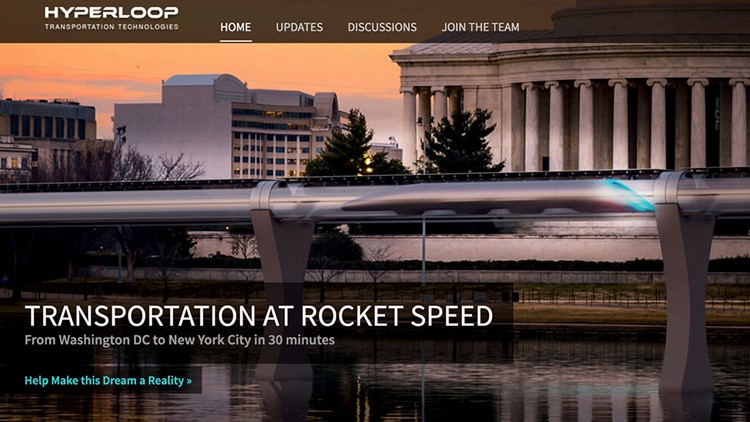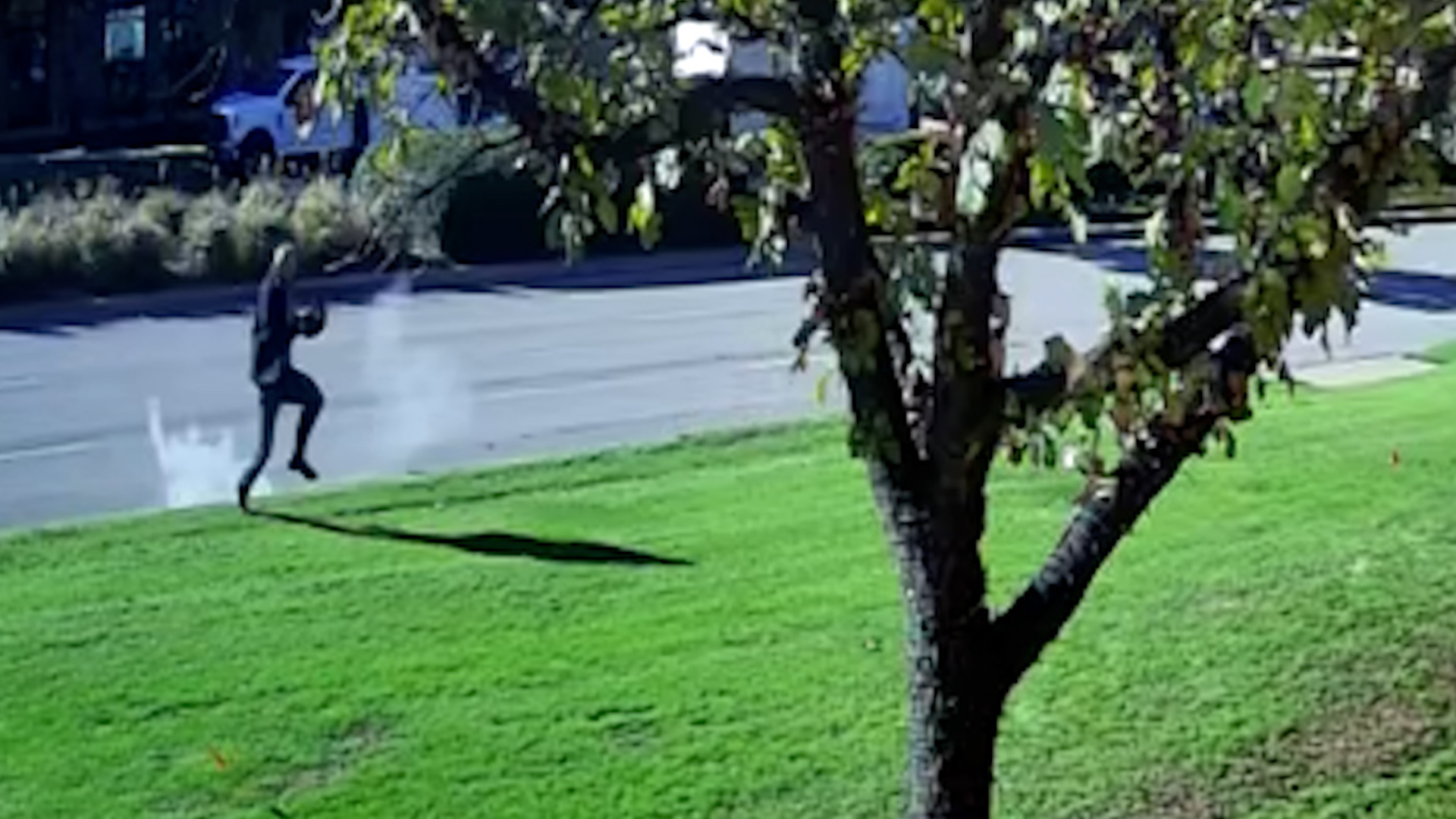DALLAS — Before becoming CEO, Jay Walder was slightly skeptical of Virgin Hyperloop One's technology.
"Frankly, I probably said the same thing you would say or anyone else would say, which is: 'Is it real?'" he said of the concept that's basically a 600-mile-per-hour gliding train inside an airtight tube.
A visit to the Nevada test site, however, removed his doubts, and he couldn't pass up the opportunity to join the team late last year, he said.
But another thing that's very real is the potential for a hyperloop route in Missouri that would connect Kansas City to Columbia and St. Louis. The route would transport passengers from Kansas City to St. Louis in less than 30 minutes, compared with about 3.5 hours by car.
Walder spoke about the route's potential April 24 as part of the KC Tech Council's CEO speaker series and touted Missouri's progress, and what he said may be useful to other city and state leaders interested in courting the company.
"I've been the CEO of Virgin Hyperloop One for five months, and this is the first trip I've taken to a state where there has been a hyperloop proposed. I think that's a vote of confidence," he told the crowd at Kansas City's WeWork.
The Missouri model
In addition to his stop in Kansas City, Walder also is heading to St. Louis and Jefferson City this week, where he's meeting with the business community, academia, Gov. Mike Parson and the General Assembly.
Missouri is creating a model for how to bring government, the business community and academia together to talk through key questions for making a hyperloop route a reality, he said.
"If you look at the steps being taken in Missouri right now, they've put Missouri at the front of the pack of places," he said.
And other states are paying close attention. One representative from another state with a proposed route met with Walder in his office and said: "I hear Missouri is rolling out the marching band."
"That was his comment, and I love that," Walder said.
Missouri was the first state to complete a feasibility study, which made some significant conclusions for the leadership at Hyperloop One. One takeaway is the vast amount of rights-of-way that the Missouri Department of Transportation owns along the Interstate 70 corridor and can give Hyperloop One access to. It accounts for 65 to 70 percent of the proposed route.
"It's almost unheard of to start from that kind of position," Walder said.
Constructing the route would cost slightly more than $30 million per linear mile, which is roughly 60 to 70 percent the cost of high-speed rail, he said. The study also revealed a travel time savings of 85 percent. That's key for hyperloop, he said, because the company wants travelers to use the system because it's fast, cheap and easy, not because they don't have another option.
Ongoing progress
What also stands out about Missouri is it's not resting on its laurels and putting the feasibility study on a shelf, Walder said.
It continues to make progress, evidenced by the formation of the Blue Ribbon Panel on Hyperloop, a bipartisan panel comprised of state lawmakers, Lt. Gov. Mike Kehoe, higher education and engineering leaders, and other private-sector members. They're asking the right questions and then accelerating the process for getting them answered.
"Missouri is clearly putting out its stake that it would like to be a leader in hyperloop, and I love that," he said.
Next on Hyperloop One's agenda is identifying a site to build a larger test track that would span eight to 15 miles. It's also working to identify locations for building out a research-and-development/center of excellence hub. It's not out of the question that it could be built in Missouri.
Walder expects the company's first route to be built before the end of the next decade.
"We have the potential to connect cities the way we connect metro stops. It's really exciting," he said. "I'm thrilled Missouri is taking such a leadership position in driving forward."
Where Texas stands with hyperloop
Only three months ago, another Virgin Hyperloop executive, Assistant General Counsel Nathan Roth, said Texas was "basically ... in the lead" for a hyperloop route because transportation officials in the Dallas area had started a federal environmental impact study — something he said no other area had done.
Such an impact study is different than what Missouri completed and was recently lauded by Walder. Missouri's study released in October was a nine-month feasibility report conducted by Black & Veatch and Olsson Associates. It focused on social impact, potential station locations, route alignments, regulator issues and rights-of-way access.
The process of securing a hyperloop route is indeed complex — so much so that the U.S. Department of Transportation in March launched an organization to help new transportation technologies such as hyperloop come to fruition quicker.
Virgin Hyperloop isn't the only company pushing the technology made popular by tech visionary Elon Musk. Earlier this year, it was reported that Transonic Transportation LLC, a Louisiana-based startup, is working on a hyperloop route in Texas that would transport freight. The company originally investigated a route that would move people.
"There's just no way we can do passenger transport in Texas in the next 20 years, so we ended up refocusing on freight," co-founder Josh Manriquez said in January.
The freight route he now envisions would run from Laredo at the Mexico border to San Antonio.



